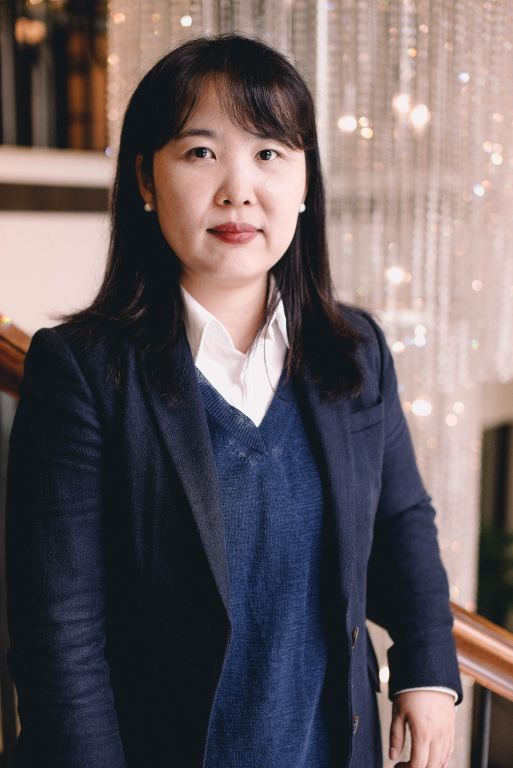The guest of our column today is the General director of KOTRA Novosibirsk PARK EUN HEE.
Omsky Biocluster: Good afternoon, Ms. PARK!
PARK EUN HEE: Good afternoon!
What are the KOTRA goals of? How is communication between Korean business and KOTRA carried out?
KOTRA or Korea Trade and Investment Promotion Agency has been established in 1962 to support small and medium enterprises in their ambition to enter global market. KOTRA's Head office is located in Seoul but besides Headquarters we have 126 foreign offices in 85 countries. In Russia there 4 KOTRA offices located in Moscow, Saint-Petersburg, Novosibirsk, and Vladivostok.
We practice various forms of cooperation with South Korean business. One of them is informational representation of particular Korean companies abroad, in our case in Siberia. In that case Korean company apply for such service in our HQ in Seoul, choose country, whose market they want to enter, sign a contract with regional KOTRA office for a certain period, and during this period we represent the interests of this company in Siberia. During such service we supply detailed local market research, search for potential buyers, bring in contact, consult Korean company about various issues regarding import.
Is there a difference in the methodology of doing business between Russian and Korean entrepreneurs?
In general I would say that there is no big difference. Of course, every country has its own cultural assumptions in business, but between Korean and Russian entrepreneurs there are no quality differences.
What sectors of the Russian economy are of interest for cooperation with Korean business? What is the subject of interest? What success stories already exist?
Korea and Russia have a lot of mutually beneficial areas of cooperation on different levels. The presidents of our countries for a several years discus so called policy of 9 bridges or Korean-Russian cooperation in 9 different areas from energy to transport, etc. They also discuss Free Trade Agreement between South Korea and EAEU. But in our Siberia region level the most perspective areas of cooperation traditionally are chemical raw materials, plastic, rubber, etc. However in recent years we are actively promote Korean import of agricultural machinery, consumer goods, food products, climate equipment, etc.
What are your expectations of cooperation with Omsky Biocluster?
We are opened to various ways of cooperation with Russian companies and institutions. Especially we are interested in cooperation with such consortium of companies as Omsky Biocluster, because through such cooperation we will be able to understand the region's needs, its specialty, and areas of common interests with Korean business. We hope that recently signed MOU with Omsky Biocluster and KOTRA Novosibirsk will activate the cooperation of our countries in Siberia region. And on our side we will do our best to bring on communication between Omsk and South Korean enterprises.
Thank you for the interview. We wish good luck to the further development of Russian-Korean cooperation.
Thank you!
Omsky Biocluster Press Secretary Ravshana Balloyeva.


